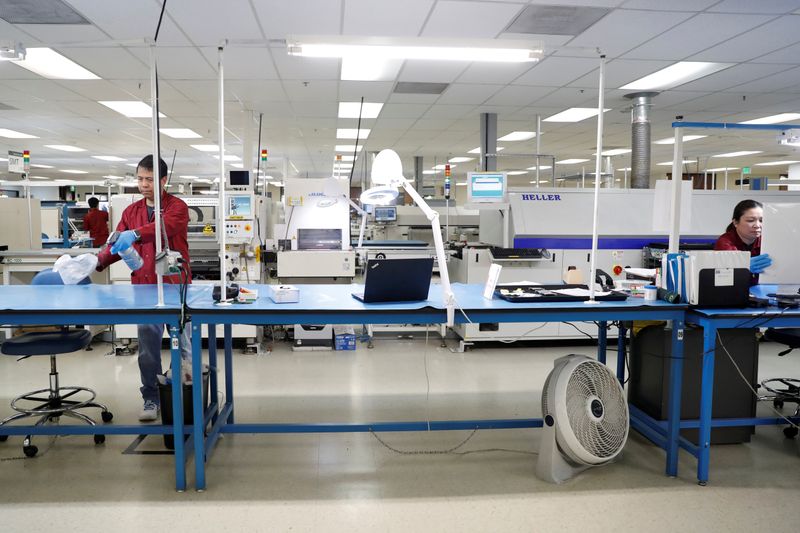(Reuters) – Americans remained uncertain in November over how they might fare financially as the U.S. economy heals from the coronavirus crisis, with consumers reporting mixed views on the labor market, according to a survey released on Monday by the New York Federal Reserve.
Expectations for earnings growth over the next year remained flat at 2% for the fifth straight month. But respondents’ views on how spending might change over the next year “rebounded sharply” to a median 3.7%, the New York Fed said.
However, consumers remained worried about the labor market, and more people are expecting declines in home prices and the stock market, the survey showed.
The U.S. economy added 245,000 jobs in November, the fewest in six months. Growth was hindered by a resurgence in new COVID-19 cases that, together with a lack of more government relief money, threatens to reverse the recovery from the pandemic recession.
Fed officials will need to factor in the impact of expiring stimulus against the benefits of upcoming vaccines when they meet this week to set monetary policy and issue economic projections.
Consumers polled by the New York Fed said there was a 40.1% chance, on average, that the unemployment rate will be higher a year from now – the first increase since July.
The average perceived odds that U.S. stock prices will be higher one year from now dropped by 2.3 percentage points to 38.5% in November, the lowest since August 2019. And expectations for how home prices will change over one year also dropped in November – the first decline since April.
Median inflation expectations over the next year increased by 0.2 percentage point in November to 3.0% and rose by 0.1 percentage point to 2.8% for the next three years.
The survey of consumer expectations is a monthly poll conducted on a rotating panel of 1,300 households.
(Reporting by Jonnelle Marte; editing by Jonathan Oatis)



















